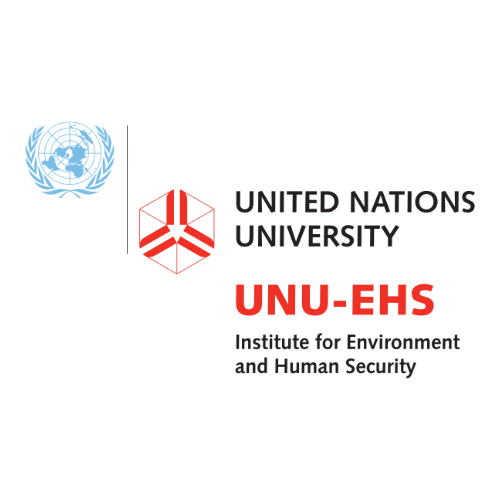
COVID-19 and conservation: crisis response strategies that benefit people and nature
The COVID-19 pandemic is a global human health crisis that is deeply intertwined with the global biodiversity crisis. It originated when a zoonotic virus spilled over from wild animals to humans. Viruses can spread easily in disturbed ecosystems, and with increasing contact between humans and wildlife the risk of contagion grows. Conservation is crucial to reduce the risks of future pandemics, but the current pandemic also impacts on conservation in many ways.
In this Briefing Paper we suggest strategies to alleviate the pandemic’s adverse effects on conservation in the Global South. Many zoonoses originate there, and livelihoods are strongly dependent on natural resources. The paper considers the pandemic’s overarching economic implica-tions for protected and other conserved areas, and specific ramifications for the tourism and wildlife trade sectors, which are closely related to these areas.
